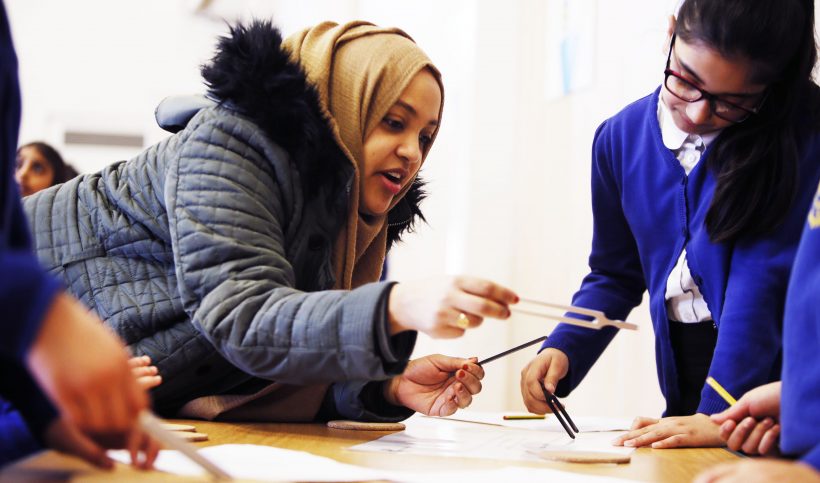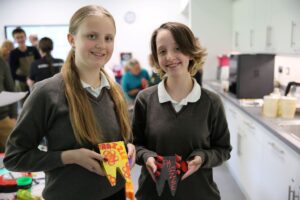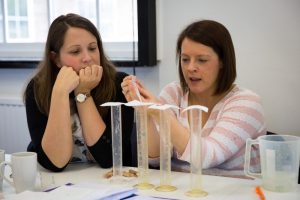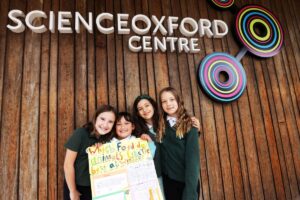Science Oxford announced as partner in national programme to encourage more diversity in science
Wednesday 20th March 2019

Science Oxford is delighted to announce that we have been selected as partners for a new national programme to increase diversity and inclusion in science.
We are one of just 15 organisations nationally who will be delivering initiatives as part of the UK Association for Science and Discovery Centres and the Science Museum Group’s ‘Science Capital in Practice’ programme. This programme is part of the Science Museum Group Academy, which focuses on embedding good practice informed by the latest science capital research, to enable children and adults from a more diverse range of backgrounds to participate in science-related experiences and feel that science ‘is for me’.
Research into science capital, has been led by the work of Professor Louise Archer and her team from University College London and King’s College London. Science capital is a measure of our engagement or relationship with science and is made up of what you know about science, how you think about it, what science-related activities you do and the people you know who use and talk about science.
As one of the selected centres, Science Oxford will receive a grant, training and additional resources so we can further apply the concept of ‘science capital’ to our STEM engagement activities with local communities, families and schools.
Bridget Holligan, our Director of Education & Engagement, said’ “We are delighted to have received this funding, which comes at a fantastic time for Science Oxford as it will allow us to capitalise on previously developed expertise and enable us to build a deeper understanding of science capital just as we open our new Science Oxford Centre. “
The Science Oxford initiative will see specialtraining for all our staff around the concept of science capital and the development of a programme of activities with the Headington Partnership (HP) called Expert Explainers.The HP is a network of schools located closest to our new centre. ‘Expert Explainers’ is an 8-week programme for Year 5/6 pupils in HP schools who qualify for Pupil Premium funding. It will culminate with those pupils developing their own ‘tour’ of the Science Oxford Centre and its woodland surrounding, which they will showcase to their own families.
Bridget says, “The Expert Explainers programme will enable us to put our learning about science capital into practice and to develop sessions which allow pupils to feel real ownership of the centre and to feel that science really can be ‘for them’ and their families.”
She adds, “We are delighted that the University of Oxford Museum of Natural History has also received funding and we look forward to sharing learning with them.”
The announcement of the funding was made on 18 March, at the Manchester launchof the Science Museum Group Academy at the Science and Industry Museum.
Karen Davies, Head of Learning Research and Resources, Science Museum Group, said: “We were hugely impressed by the quality of proposals we received and are delighted to be working alongside the 15 partner organisations to build a community of good practice across the country. This is a great opportunity to test ideas informed by the research that will have longer term benefits for the centres, and which allows those audiences they engage with to feel that science, and science centres and museums, are for them.”
Dr Penny Fidler, CEO of The UK Association for Science and Discovery Centres (ASDC) said: We are delighted to be a key partner in this national programme. Championing diversity and inclusion in science is at the heart of what ASDC and the Science Centres and museums do daily. This programme will support centres to nurture the scientific talents and entrepreneurial minds across our whole population, not just those who are already interested.
This programme has been made possible through the Science Museum Group Academy’s founding partner, BP, who also funded The Enterprising Science Project which focused on much of the early academic work on science capital.



